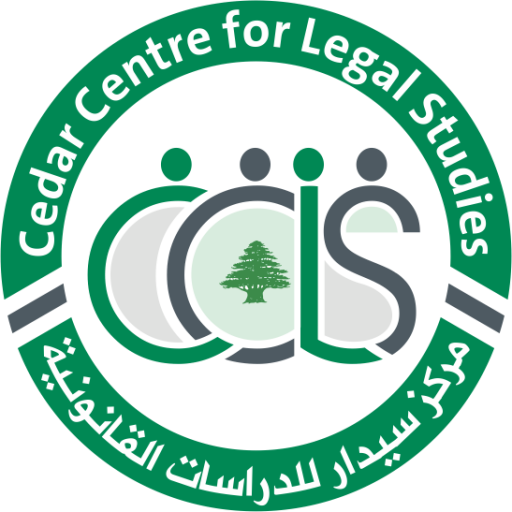A Tripoli Family’s Journey of Rehabilitation After the Nissan Boat Tragedy!
In Tripoli, a city burdened by poverty and social divisions, VTC33 lives with his family, facing a life full of challenges and hardships. His path has been far from easy, he and his family were victims of human trafficking and endured experiences that left deep marks on their lives and spirits.
One of the most tragic moments came when the Nissan boat sank in El-mina, Tripoli. During this incident, VTC33 lost his son, who could not swim. He was told that his son had been rescued from the sea and taken to the hospital, but the details of what happened afterward remained unclear. No confirmed news about his fate ever reached him, and the question of his son’s whereabouts haunts him daily. This profound loss completely changed his life, plunging him into despair and deep sorrow.
Amid this immense pain, he began contemplating suicide as a temporary escape from the burden of grief weighing on his hear. Each day felt like an impossible struggle between the desire to give up and the will to survive. Yet life did not leave him entirely alone.
VTC33 and his wife began attending regular psychosocial support sessions, alongside physical therapy and medical follow-ups. These sessions helped them express their emotions, cope with the stress and psychological pressure caused by the loss of their son and the discovery of his wife’s illness, and manage physical pain and daily health challenges. Gradually, VTC33 began to experience psychological stability, and regain the ability to communicate in a healthy way with those around him, while his wife received the support necessary to access basic medical care.
During this difficult period, he and his wife received financial assistance from the Cedar Centre for the Rehabilitation of Torture Victims. This modest support marked a true turning point in their lives. It enabled them to access essential medical care, which led to a shocking new discovery: his wife’s diagnosis with cancer. Although this news struck them hard, it did not leave them hopeless.
Today, VTC33 lives with his sick wife, his daughter, and his son in the same house, feeling a profound sense of responsibility toward them. His personal psychological pain is no longer the focus of his life; instead, he concentrates on protecting and supporting those around him.
For the first time in years, VTC33 has begun to feel emotionally stable. He returned to work and began to see himself as an important part of his family’s life, realizing that his presence can help them face life’s challenges. He expresses it by saying: “I used to think my life had no meaning and that I was not needed in this world. But after receiving psychosocial support and assistance, I realized that my existence matters in my family’s life, especially after discovering my wife’s illness. Neither of us can be weak; one of us must be strong to support the other.”
Today, VTC33 stands as an example of resilience and the ability to rise from the greatest crises. He has learned that pain and tragedy are part of the human experience, but strength and support can bring hope again. His life is no longer just about surviving, it has become a journey of rebuilding himself and his family, caring for those around him, and understanding that patience, strength, and determination can be the keys to salvation even in the darkest moments.
For him, the Cedar Centre has become more than just a support centre; it is a sanctuary that rebuilds lives and supports survivors of psychological and social trauma through a combination of psychological therapy, social services, medical care, and physical therapy, enabling them to face life’s challenges with courage.
This story, blending tragedy and hope, reflects not only the suffering of VTC33 and his family but also the power of psychosocial support and the importance of human solidarity in rebuilding the lives of those who have lost their way amidst crises.
